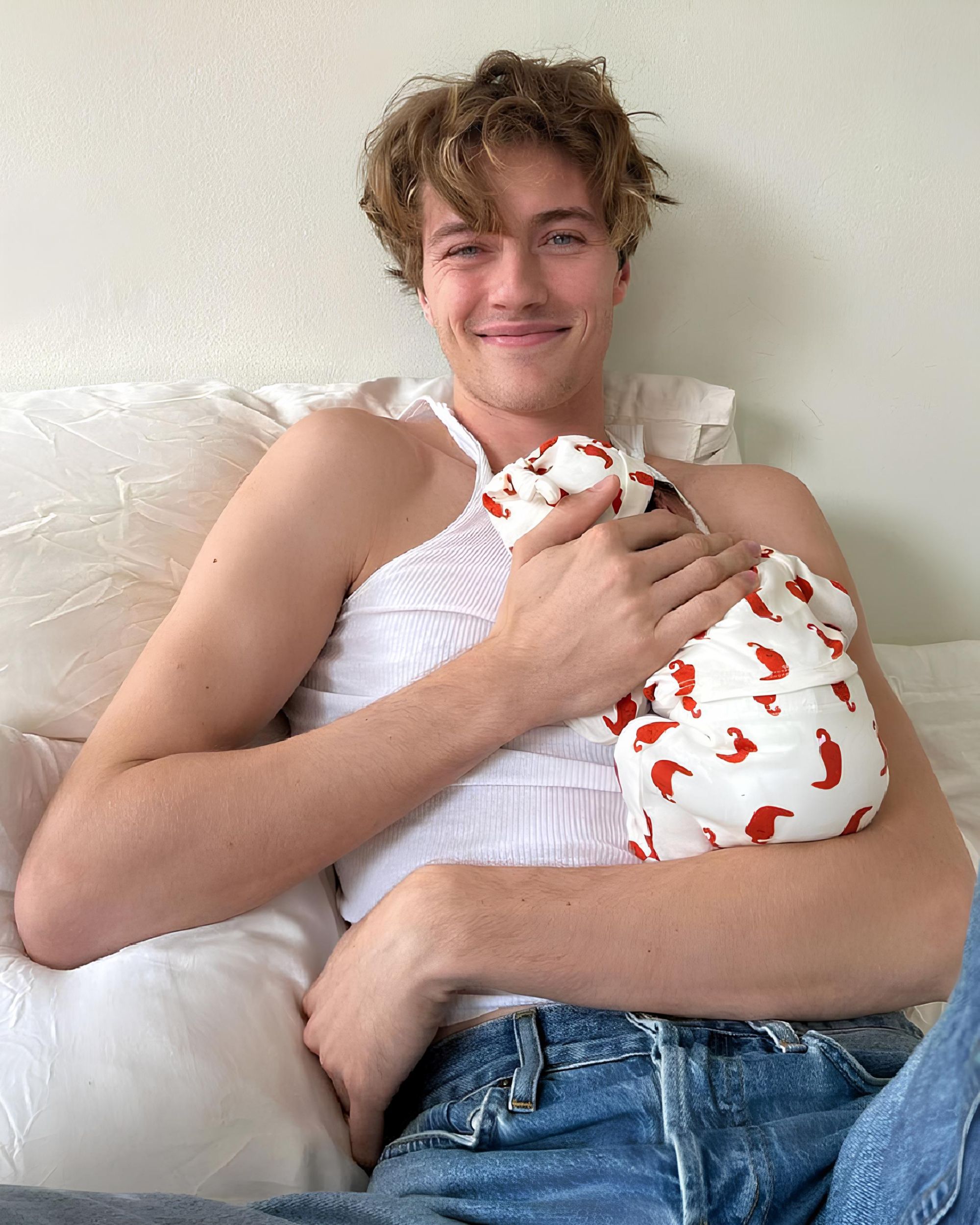
Will chatrooms replace social media in 2024? Yet another nostalgic discovery
2024 promises to be a year full of innovations, both in real life and in the digital realm. Exactly twenty years after the birth of Facebook, the first social network of its kind, users of the world's most famous apps seem to be increasingly less interested in the mega-community value that online platforms enable. While reaching a million followers was once an enviable milestone, today it's as easy as posting a video on the London Underground. However, the challenge lies in the fact that the faster you achieve online fame, the less cohesive your fanbase becomes – as known by tube girl. The diminishing grip of influencers and brands on consumers doesn't pose a real risk but rather signifies a collective awakening against hidden and persistent advertising we are exposed to daily on social media. The real obstacle is faced by marketing experts who must respond to this cultural shift. As in fashion, when novelty wears off, we find refuge in the past. So here we are in the new year, happily participating in the Broadcast Channels of our favorite influencers, proud of receiving a personalized message from the artist we listened to the most in 2023, or simply desperately seeking attention in conversation with Kendall Jenner's AI chatbot, aka Billie. According to industry professionals, the future of marketing is in chat, just like twenty years ago.
As revealed by The State of Fashion, the annual BoF-McKinsey survey analyzing consumer habits, 68% of younger users feel annoyed by excessive advertising on social media, while 65% of respondents claimed to pay less attention to influencers than before. In this context, brands and public figures concerned about the engagement of their online channels have found a new way to connect with consumers, starting with private chats. An original way to provide a - false - sense of exclusivity, new features like Instagram Broadcast Channels or well-known platforms like Telegram and Discord allow companies and freelancers to engage with buyers (in this case, followers). According to a study by Common Sense Media, notifications are seen as a less intrusive source of annoyance than ads by young people, even though they can be addictive. What better way not to lose customers than to succumb to the charm of Sant'Antonio Chains? It's all about nostalgia. The passion of very young users for group chats seems to have been fueled by the pandemic period, when quarantine forced us to stay at home and stare at a screen. In those months, since Gen Z doesn't know how to talk on the phone, messages were the only way not to feel alone. WhatsApp, known by all smartphone owners as a global messaging platform, welcomed more than 2.5 billion active users from 2012 to 2023, and it is expected to grow by another 18% by 2025. In September 2023, The Atlantic announced the Era of Group Chats, but it seems like it's already here.
@filthyrichcelebs Celebs are getting paid $6 million for this... #kendalljenner #meta #ai original sound - filthyrichcelebs
Taking inspiration from WhatsApp, Meta has benefited from marketing predictions for its platforms, adding new features to Instagram and Messenger. A few months after the launch of Instagram Broadcast Channels, private channels that content creators can use to communicate more directly with their most devoted followers, platform director Adam Mosseri publicly stated that more and more users prefer private messaging to content posting. “If you look at how teenagers spend their time on Instagram, they spend more time in DMs than in stories, and they spend more time in stories than in the feed,” commented Mosseri. A result of this shift is Billie, Meta's alter ego of Kendall Jenner launched last October, an AI-created replica of the top model to allow users to talk to her at any time of the day. Meta is said to have paid about $5 million to replicate Jenner's Valley Girl accent, but for those not fans of Keeping Up With The Kardashians, there are chatbots with other stars, such as Paris Hilton, Snoop Dogg, and MrBeast.
myspace era was crazy cuz you had a direct connection to artists
— modi! (@supermodi) January 3, 2024
i chatted with kid cudi, lupe, wale, cole, and drake on there, amongst others, just as a 18-year-old fan
all of those convos led to something - beat placement, radio show interviews, or IRL friendships
The resurgence of chats against feeds might have been anticipated, hidden among the memes sent to friends and the times we peek at our neighbor's phone on the bus. Since Boomers discovered Facebook, Instagram lost its chronological feed in favor of algorithms, and TikTok was inundated with Stanley Cup and other trends promptly forgotten, social media is no longer what it used to be. Increasingly resembling television, it presents one advertisement after another, abandoning the consumer's point of view - who is the protagonist on social media - favoring instead a one-sided conversation. Messaging, as it did during the days of Myspace, Messenger, and the years of internet-free telephony, builds smaller and more cohesive communities, attributing to the influencer-user relationship that sense of privacy and intimacy lost in recent years. Some call it cozy web, others recognize it as what it has always been but takes on a new form in 2024: a parasocial bond between sellers and buyers.














































